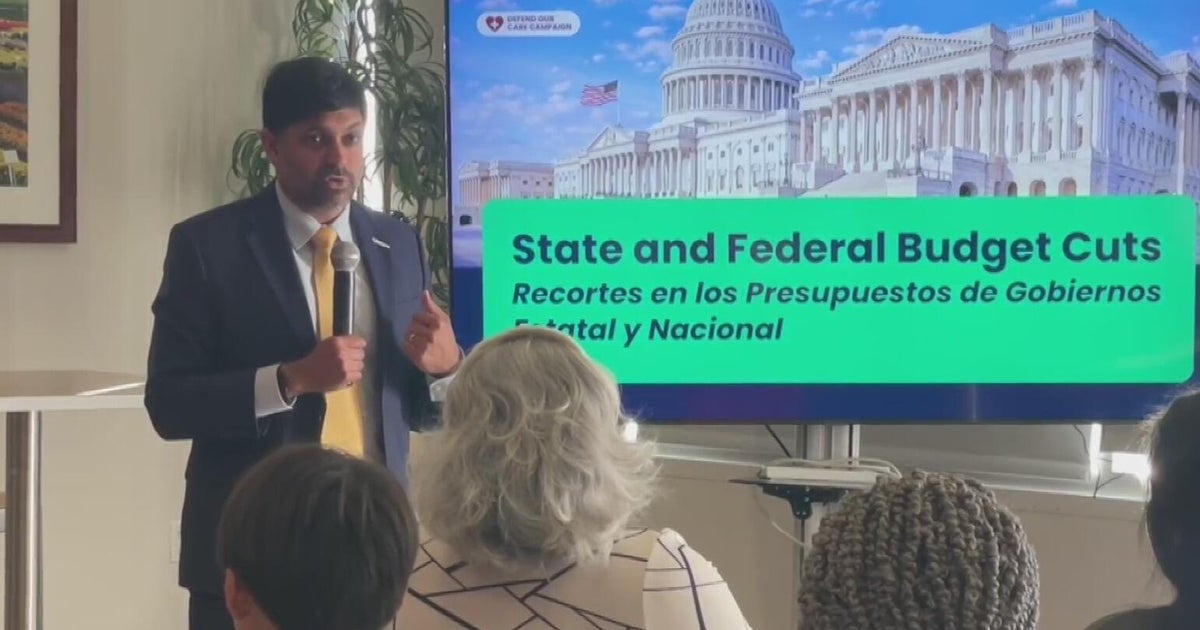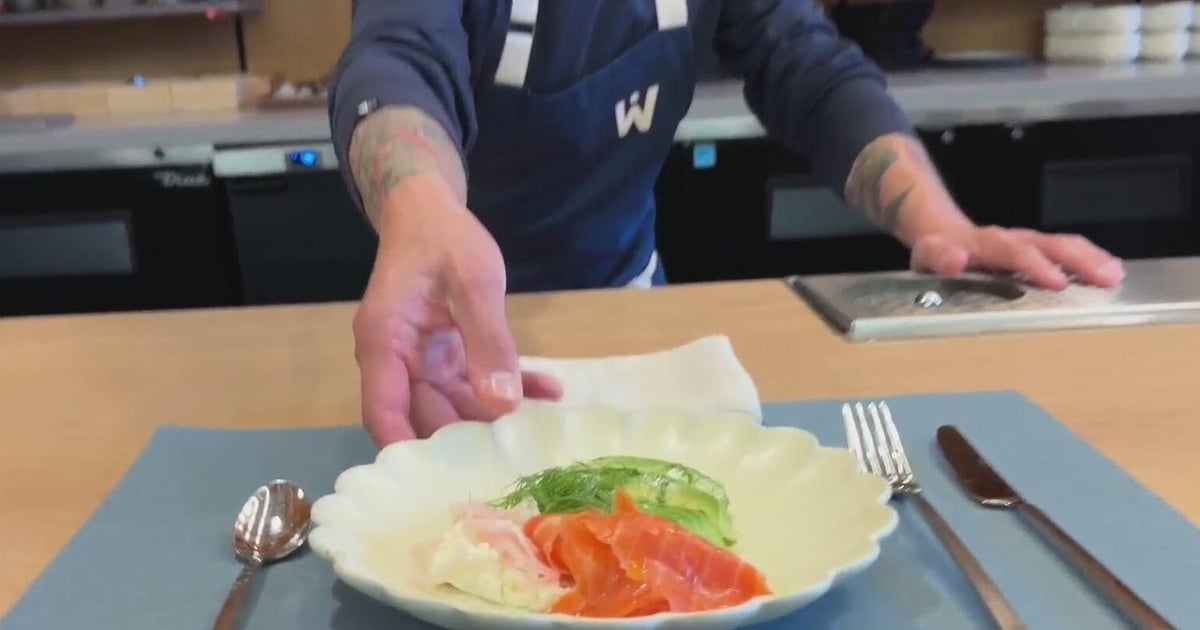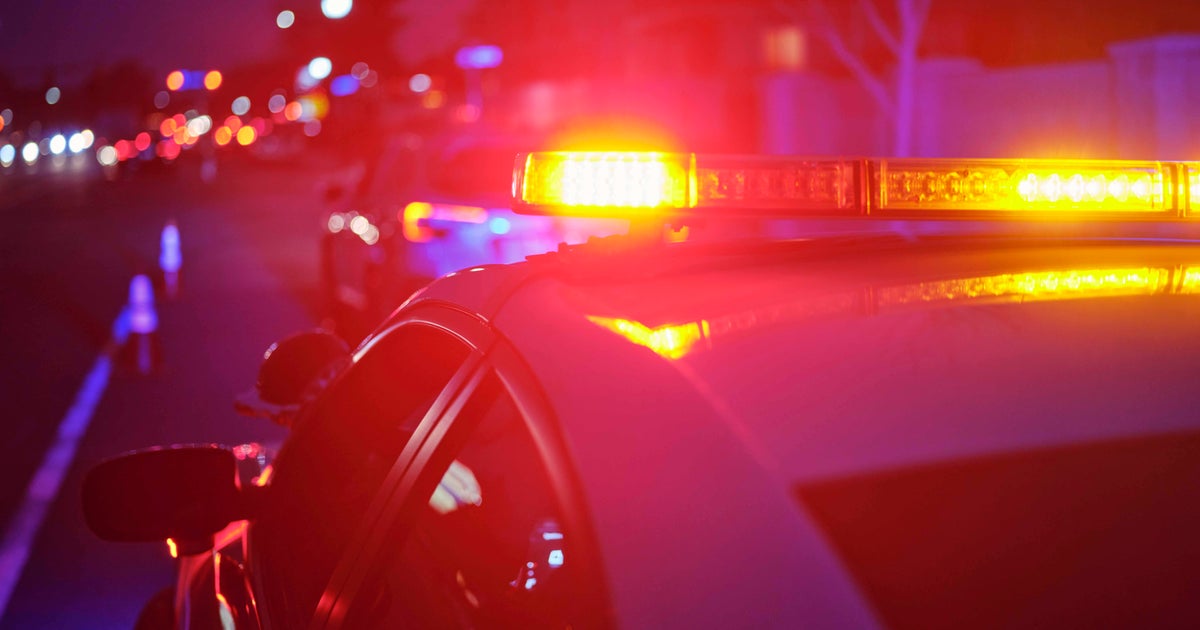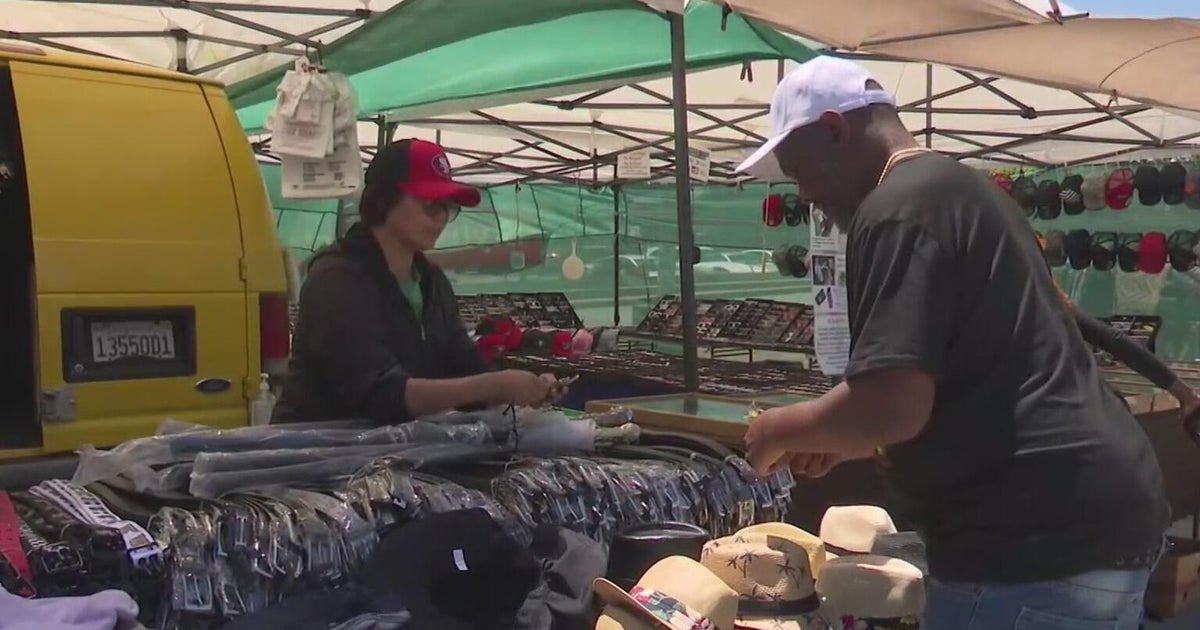COVID: Bay Area Officials Make Plans for COVID Booster Rollout
by Allen Martin & Molly McCrea
SAN FRANCISCO (KPIX) -- On Thursday, the CDC Advisory Panel on vaccines recommended booster shots for certain groups of individuals who are fully vaccinated with the Pfizer COVID-19 vaccine.
The recommendation is for a single booster dose to be given at least 6 months after the primary series. The groups are for persons aged 65 and older, nursing home patients; persons aged 50-64 years with underlying medical conditions; and for persons based on individual benefit and risk who are 18-49 years of age.
The panel rejected the FDA's earlier recommendation to include those who are at high risk for COVID-19 due to occupational or institutional exposure which would have included health care workers, front line staff, inmates, teachers and grocery store workers.
The panel's vote has been highly anticipated in the highly vaccinated Bay Area. KPIX 5 spoke to three public health officials who are involved in booster rollout that has been in the works for weeks.
Unlike the early days of the first vaccine rollout, no one is anticipating a vaccine shortage. The moment that the CDC approves its panel's recommendation, some counties are good-to-go.
"We're planning to roll out boosters or third doses extra doses as soon as they become available," said Marin County Public Health Director Dr. Matt Willis.
About a month ago, President Joe Biden announced the booster shot program, noting it would begin on September 20th.
"We're actually very thankful that we got a few extra days to get ready," commented Dr. Jennifer Tong. Dr. Tong is Associate Chief Medical Officer of Santa Clara Valley Medical Center. KPIX 5 interviewed her while she was helping to set up a new vaccine clinic in San Martin in the southern part of her county.
All agree this time, the rollout will be a lot easier.
"Hopefully it will look at lot more organized and hopefully a lot less frantic," noted Dr. Andi Tanner of the San Francisco Department of Public Health.
Tanner is the director for public health, emergency preparedness and response as well as one of the COVID task force leads for the SFDPH.
The three officials shed some light on what the Bay Area can expect with a booster rollout.
"We're well prepared to ride on the rails of our vaccination distribution plan that we've already implemented over the past 6 months," explained Dr. Willis.
While eligible patients can sign up for a booster beginning 6 months after their second Pfizer dose, there is no need to panic about any deadlines.
"It's not an emergency that you get it that day or even within a specific amount of time," reassured Dr. Tanner.
The best approach is to talk to your health care provider about your risks and about how you should time getting your booster. It may be time to schedule a visit, and even ask about getting your annual flu shot at the same time.
"Using this as an opportunity to engage with the provider really for 1-stop shopping," advised Dr. Tanner
The good news is that the Pfizer vaccine no longer needs to be stored in special ultra-cold freezers,
"Once they defrost them, they can keep it in a typical refrigerator or freezer for weeks at stretch," explained Dr. Tong.
That means patients may be able to get a booster at any number of participating doctor's offices or clinics. Boosters will also be available at neighborhood pharmacies or at large healthcare networks.
"We don't anticipate needing the size of mega vaccination sites that we saw in the spring," said Dr. Tong.
As for that new vaccination site in San Martin, it's set up adjacent to a freeway and on the property of the new Santa Clara County Animal Control Building
Dr Tong told KPIX 5 those seeking a booster will be required to schedule an appointment. Once the scheduled day and time slot arrive, pull into the parking lot and head towards the green and blue striped tents. Patients can stay in their car to get vaccinated.
This will make it very easy for those 65 and older who may have some mobility issues.
"And then pull forward for their observation period," added Dr. Tong.
Also at the San Martin site, a walk-in clinic for anyone who needs to complete their two-dose series or anyone who wants to begin getting vaccinated.
Dr. Tanner told KPIX 5 that access to getting any COVID dose is paramount. She added that most people live in neighborhoods where commercial pharmacies are located and participating.
The booster shot is free. Patients don't need to show any picture ID, but are asked to try to remember to bring their vaccine card. It's not the end of the world if patients forget it. The card will help to streamline the process but a lot of the information about earlier doses will be already in the system.
And while there is evidence about waning immunity in some fully vaccinated people, all the experts told KPIX the COVID-19 vaccines work very well and --unless you fall into one of these groups or have a severely compromised immune condition, such as an organ transplant patent or someone with advanced HIV -- the vaccine is still offering you great protection even with the delta variant.
"There's no need for a booster in the majority of people who have been vaccinated," said Dr. Willis.
"People are still very well protected from severe disease, hospitalization and death from those first two doses they received," added Dr. Tong.
"You know these booster shots are the cherry on top. They take a really good vaccine and make it a little bit better," concluded Dr. Tanner.
Those who remain in the greatest danger in this pandemic are the unvaccinated.
As for the Moderna and J&J COVID-19 vaccines, the FDA is waiting for more data from their makers before they proceed with decisions regarding booster shots. This is expected to happen within the next few weeks.
Another topic of discussion: mixing and matching COVID Vaccines to see whether that's a safe and effective way to boost protection.



